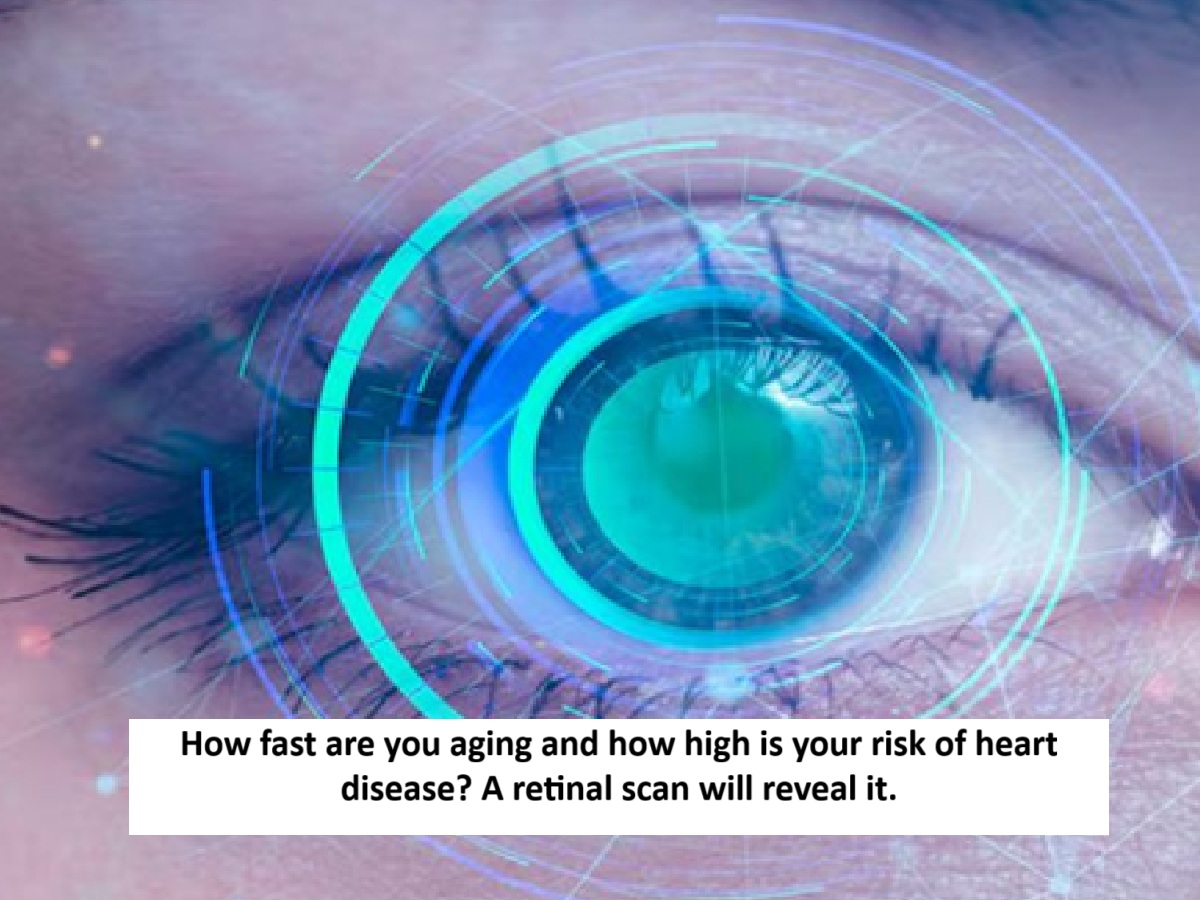
News Topical, Digital Desk : You may have heard that "the eyes say it all." Now science is saying the same thing—it's not just about emotions, but about your longevity and heart health.
In fact, recent research in Canada has revealed a startling discovery. Scientists say that by observing the tiny blood vessels within the eyes, a person's risk of heart disease and the rate of biological aging can be predicted. This means that your eyes can now tell you how healthy your heart is and how quickly your body is aging.
Understand the risk of disease from the blood vessels of the retina
According to researchers, the eyes are a unique and accessible window into the body's circulatory system. The retina, located at the back of the eye, contains numerous thin blood vessels through which blood circulates.
The structure and branching pattern of these blood vessels reflects the condition of other small blood vessels in the body. If the retinal blood vessels are thick, stiff, or have fewer branches, it may indicate a problem with blood flow within the body, which can lead to heart disease, stroke, or even dementia.
How was this research done?
The study, conducted by scientists at McMaster University in Canada, analyzed retinal scans, genetic data, and blood samples from more than 74,000 people.
Scientists analyzed retinal images using computer algorithms and linked them to individuals' genetic and biological biomarkers. They found that people with fewer or simpler retinal blood vessel branches were more likely to:
- The risk of heart disease was higher
- Higher levels of inflammation in the body were found
- And their biological age appeared to be older than their actual age.
Retina scan will tell the condition of your heart
Today, many tests are required to assess heart disease – such as blood tests, ECG, Echo or Angiography, but in the future, it is possible that a simple retinal scan alone will be able to predict a person's heart health and aging rate.
Retinal scanning is a non-invasive and quick technique. It requires no needles, blood, or pain. It is also inexpensive and easily accessible to the general public.
If this technology is developed on a large scale, early detection of heart disease will become much easier. This will not only save the lives of heart patients but will also enable people to make timely lifestyle adjustments.
A new standard for aging
This study has also changed the way we view age. We typically measure age by the years since birth, but this research suggests that biological age is more important.
Changes in the blood vessels of the retina can reveal how rapidly a person's body is actually aging. Even two people of the same age can age at different rates, depending on their lifestyle and health.
Doctors can help you detect heart attack risk with Eye-Sight.
Researchers believe that combining retinal scans with AI could yield even more accurate results in the coming years. This technology could help doctors not only predict heart disease but also help prevent age-related diseases.
It is possible that in the near future, when you go for an eye checkup, the doctor will not only check your eyesight but will also estimate your heart health and body age.
Read More: Poor sleep and obesity are contributing factors to breast cancer! ICMR issues this warning to women
--Advertisement--

 Share
Share



